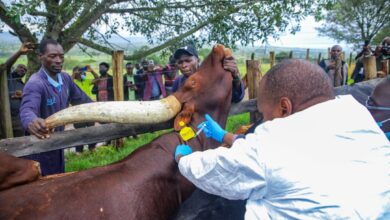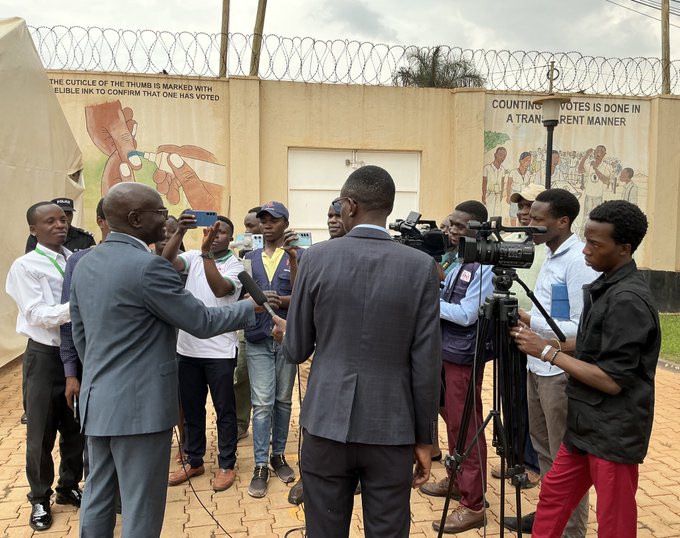Uganda’s struggle with suicide and the lifeline of hope
In Uganda, where cultural stigmas often overshadow the silent cries for help, the conversation around suicide is more urgent than ever.

In a world where mental health struggles often go unspoken, September stands as a beacon of hope and remembrance.
This National Suicide Prevention Month is a time to reflect on the lives lost, the pain endured by millions, and the vital steps needed to prevent more tragedies.
In Uganda, where cultural stigmas often overshadow the silent cries for help, the conversation around suicide is more urgent than ever.
“Suicide is not just a personal tragedy; it’s a public health crisis,” says Dr. Esther Kamya, a leading mental health expert in Kampala.
According to Dr. Kamya, Uganda’s rising suicide rates are deeply concerning, especially among the youth.
According to the World Health Organization (WHO), there are more than 700,000 people who die due to suicide every year.
A WHO report of 2022 notes that suicide, is the fourth leading cause of death among 15 to 29-year-olds globally. Over 77% of these deaths occur in lower- and middle-income countries like Uganda.
Some statistics show that Uganda’s suicide rate stands at 15 per 100,000 people, which is rather high. In refugee settlement areas, for example, 60 people died by suicide in 2022, prompting organizations like AVSI Foundation to launch programs like Game Connect, a sport for mental health project.
In Uganda, discussing mental health is still taboo in many communities. Dr. Kamya explains that cultural perceptions often view mental illness as a sign of weakness or a result of witchcraft.
This stigma prevents many from seeking help, leading to a cycle of silence and despair. “The lack of open dialogue is literally killing us,” she stresses.
Despite these challenges, there are signs of progress. Mental health advocates are working tirelessly to change the narrative.
Organizations like StrongMinds Uganda and the Uganda Counseling Association are on the front lines, offering free counseling services and running awareness campaigns to educate the public.
Dr. Kamya highlights the importance of community-based interventions.
“We need to create safe spaces where people can talk about their struggles without fear of judgment. Schools, churches, and workplaces should be at the forefront of this movement,” she says.
She also emphasizes the need for government action, urging for more funding in mental health services and the inclusion of mental health education in school curricula.
One survivor, who wishes to remain anonymous, shares their story of hope. “I thought ending my life was the only way out, but speaking to someone saved me. It was like a weight lifted off my shoulders,” they recount.
Stories like this are a testament to the power of reaching out. As National Suicide Prevention Month unfolds, the message is clear: silence is deadly.
Uganda must continue to break the chains of stigma and provide the lifelines necessary to prevent further loss.







